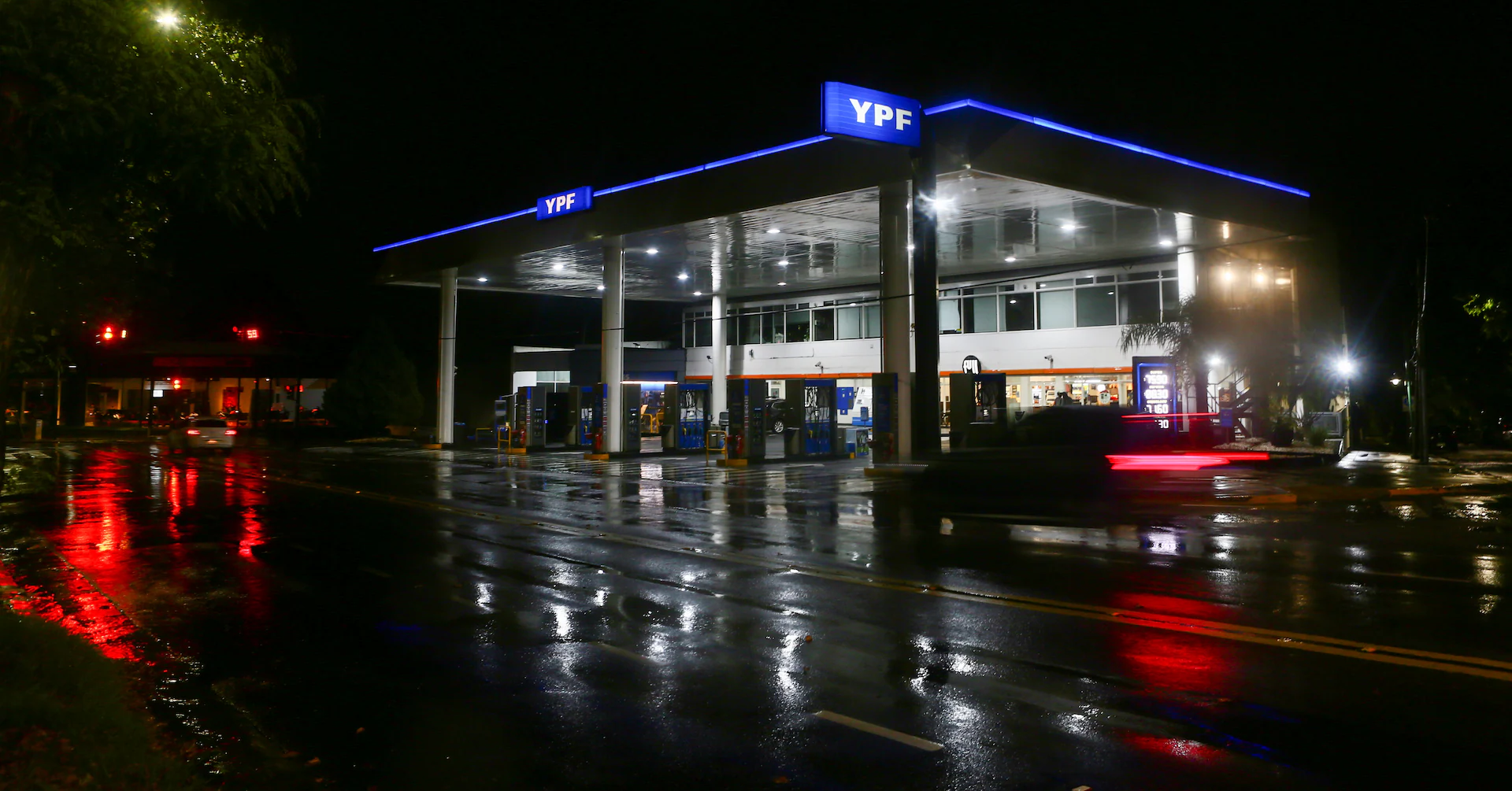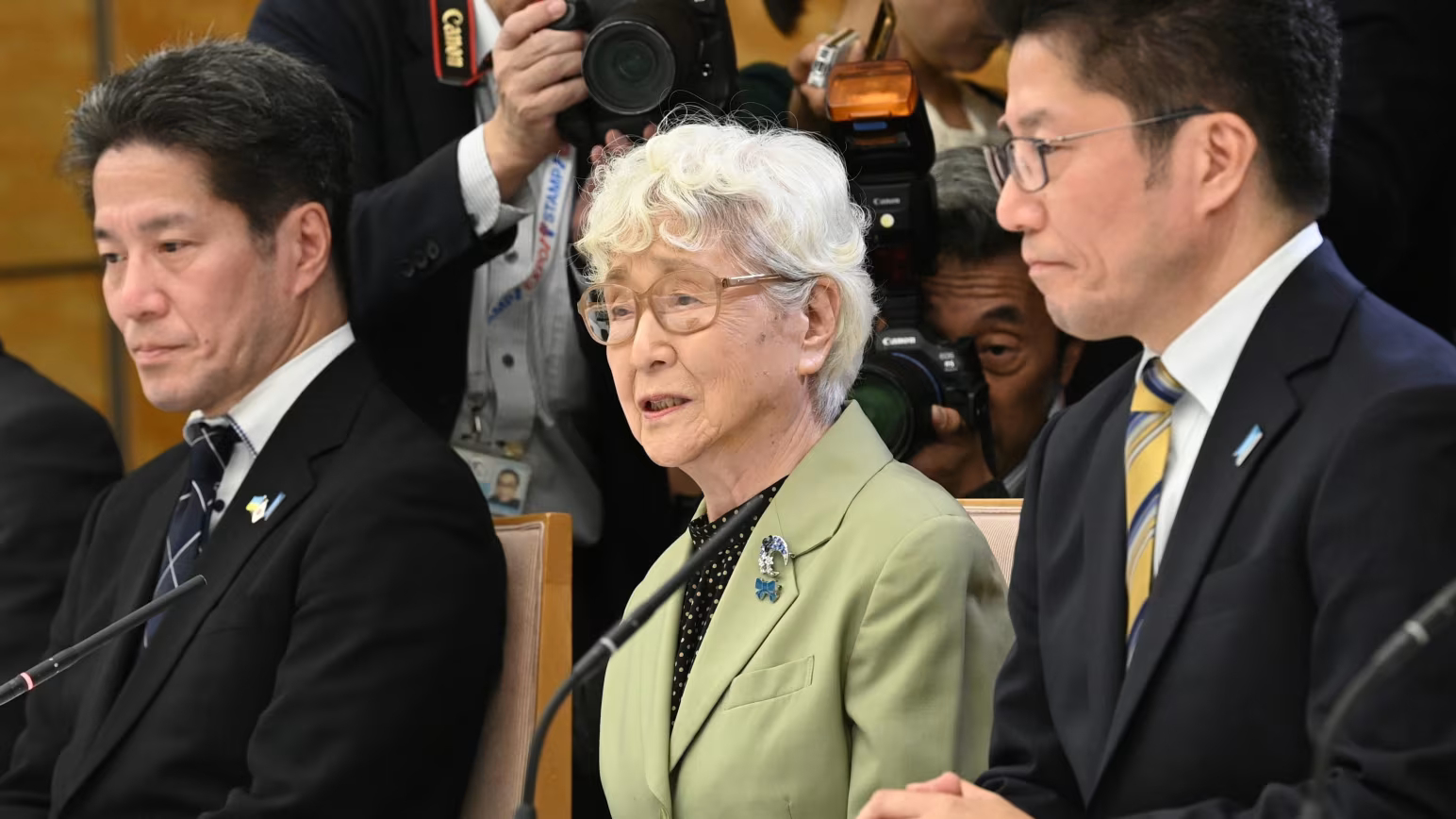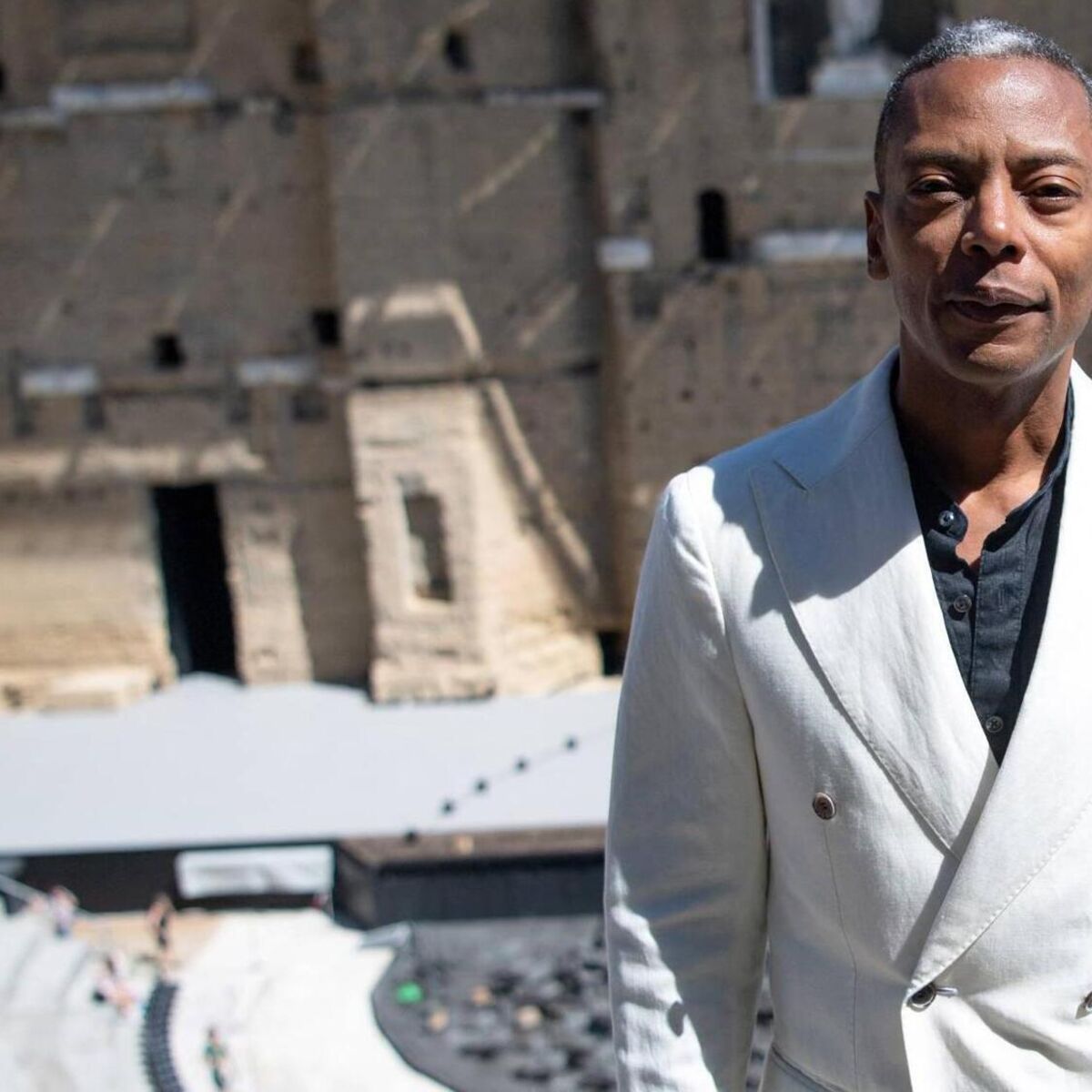Copyright Reuters

Oct 28 (Reuters) - Two words — “respectful consideration” — could be key in one of the year’s biggest appellate battles, as Argentina on Wednesday asks the 2nd U.S. Circuit Court of Appeals to overturn a staggering $16.1 billion judgment. A federal judge in New York ordered the payment to minority shareholders of YPF after Argentina seized a majority stake in the oil and gas company in 2012. Lawyers for the country say U.S. District Judge Loretta Preska misapplied Argentine law, and that as a sovereign nation, its interpretation of its own statutes deserves significant weight. Sign up here. Exactly what that deference looks like in practice can be tricky to gauge, especially in a case like this where the country has billions of dollars on the line and its legal interpretation would let it off the hook. In court papers, Argentina said the judgment would amount to 45% of its fiscal budget in 2024 – the equivalent of the U.S. taking a $2 trillion hit. While not a usual occurrence, U.S. courts are periodically called upon to decide cases using foreign laws. Just last week, for example, Manhattan jurors held French bank BNP Paribas liable under Swiss law for aiding genocide in Sudan. BNP has denied wrongdoing and said it will appeal the verdict. The question for the 2nd Circuit panel — Judges José Cabranes, Denny Chin, and Beth Robinson — is whether Preska went too far in awarding investors Petersen Energía Inversora and Eton Park Capital Management massive compensation for their YPF shares. Defense lawyers say the $16.1 billion judgment is the biggest-ever in the history of the Southern District of New York. The “stakes in this case could not be higher,” said Juan Ignacio Stampalija, Argentina’s deputy attorney general for the treasury of the nation, via email, urging the 2nd Circuit to overturn the judgment “in a case that never belonged in a U.S. court.” Plaintiffs’ counsel Mike Fragoso of Torridon Law counters that the investors “lost everything because of a serious and knowing breach of YPF’s bylaws,” he said in an email. “Investors understand, and need continuing confidence, that these transactions are subject to the Rule of Law.” Paul Clement, who is leading the plaintiffs’ appellate team, did not respond to a request for comment. Neither did a spokesperson for litigation funder Burford Capital, which bought an interest in the investors’ claims and would share in any award. The dispute has its origins in the early 1990s, when Argentina privatized YPF, which was originally founded as a state-controlled company. To reassure wary would-be investors, Argentina amended YPF’s corporate bylaws to provide clear protections, plaintiffs' lawyers said. The country raised more than $1 billion from shares listed on the New York Stock Exchange. In 2012, Argentina opted to re-nationalize YPF, seizing a majority stake held by Spain's Repsol. But it did so without also making a tender offer to minority shareholders to buy their shares at a specified price. Under the YPF bylaws, such an offer should have been made, plaintiffs allege, saying they lost billions of dollars as a result. Repsol settled its claims in 2014 for $5 billion via Argentina’s legal process for expropriation, but Petersen and Eton Park – YPF’s second and third-largest shareholders – did not participate in the proceedings. Plaintiffs' lawyers argue the U.S. is the appropriate forum for their claims, writing that “you cannot raise capital on the NYSE and then express surprise when you are sued” in the Southern District of New York. “The district court, unfamiliar with Argentina’s civil-law system, misapplied Argentine law at nearly every turn,” defense lawyers wrote. Argentine corporate law has an established process for aggrieved shareholders to seek remedies – a process that favors in-kind remedies and strictly limits monetary damages – and that's how the investors' claims should have been handled, they argue. “Argentine law does not permit plaintiffs to sleep on their rights and then run to another nation’s courts,” defense lawyers wrote. However the panel rules, the case will test both Argentina’s finances and just how much “respectful consideration” one nation’s law deserves in another’s court. Reporting by Jenna Greene Our Standards: The Thomson Reuters Trust Principles., opens new tab Opinions expressed are those of the author. They do not reflect the views of Reuters News, which, under the Trust Principles, is committed to integrity, independence, and freedom from bias. Jenna Greene writes about legal business and culture, taking a broad look at trends in the profession, faces behind the cases, and quirky courtroom dramas. A longtime chronicler of the legal industry and high-profile litigation, she lives in Northern California. Reach Greene at jenna.greene@thomsonreuters.com



